Opera Hardware Acceleration Demo Is Blazingly Fast
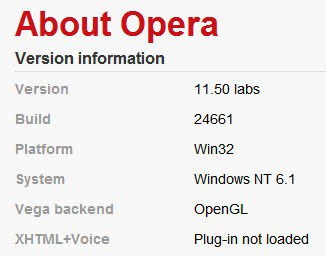
Two of the top five web browsers on today's Internet do not support hardware acceleration in their latest public releases. We are obviously talking about the Opera browser and Safari. Opera however has tweaked their implementation of hardware acceleration in the browser since 2008, when the company released a first working demo. Three years later, another demonstration has been released.
The release has the version Opera 11.50 labs, indicating that hardware acceleration will not be integrated into Opera 11.10 Barracuda but a future release instead.
Before we look at speeds, lets take a look at some general information about hardware acceleration in Opera:
- Opera's hardware acceleration will run on any operating system with sufficient hardware support. Which is a stark contrast to Internet Explorer 9's and Firefox 4's implementation which only support select operating systems at this point in time.
- Hardware acceleration uses an OpenGL backend currently, but Direct3D support is already in the making and will be added in future builds. (this means that the system needs to have a "OpenGL 2.x compatible graphics card and related drivers for hardware acceleration and WebGL to work"
A download link has been posted on the Opera Core blog. Existing Opera users should install the release in a different directory (as a portable installation) to avoid complications with their already installed copies of the Opera web browser. Please note that Opera has only released a Windows version. A commenter however reported that it worked fine under Wine as well.
Opera users can check if hardware acceleration is enabled by entering about:opera in the location bar. OpenGL under Vega Backend indicates that hardware acceleration is enabled, Software that the browser is not making use of the built-in hardware acceleration of Opera 11.50 labs.
It is recommended to update the drivers of the graphics update to the latest version before running any benchmarks.
So, how fast is Opera 11.50 labs with hardware acceleration? Lets take a look at Microsoft's Fish Tank demo with 1000 fish. Please note that the fps depend both on the browser's implementation and the hardware of the computer system. The maximum fps of the test are 60.
- Opera 11.50: 60 FPS
- Opera 11.01: 3 FPS
- Chrome 9: 40 FPS
- Chrome 11 Canary: 3 FPS
- Firefox 4, latest beta: 41 FPS
- Internet Explorer 9, RC: 60 FPS
Opera's hardware accelerated build maxes out the fps in the Fish Tank demo just like Internet Explorer does. Chrome 11 Canary seems to be missing an option under about:flags as I was not able to find the gpu accelerated composing feature there, only gpu accelerated canvas 2d.
Opera on the other hand has improved considerably, from 3FPS to 60 FPS and probably even more if the benchmark would be able to display higher frames per second.
Several commenters have reported problems with the demonstration build. My test version did run fine, without crashes or other technical problems. The developers will tweak hardware acceleration further before it will be available in a release version of the browser.
The future however looks bright for the Opera browser. Hardware acceleration was one of the remaining missing pieces, especially since it is not limited to any specific operating system.
If you have another benchmark that you would like me to try, let me know in the comments.
Advertisement
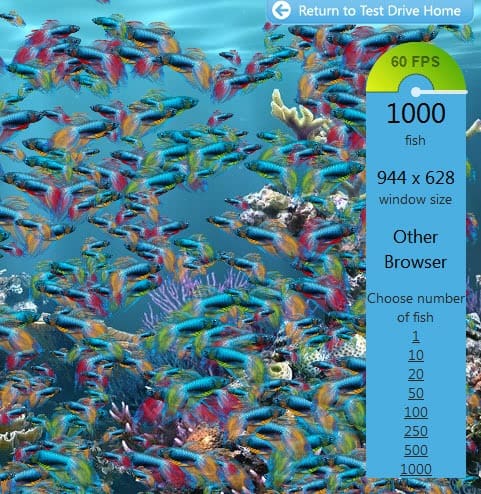
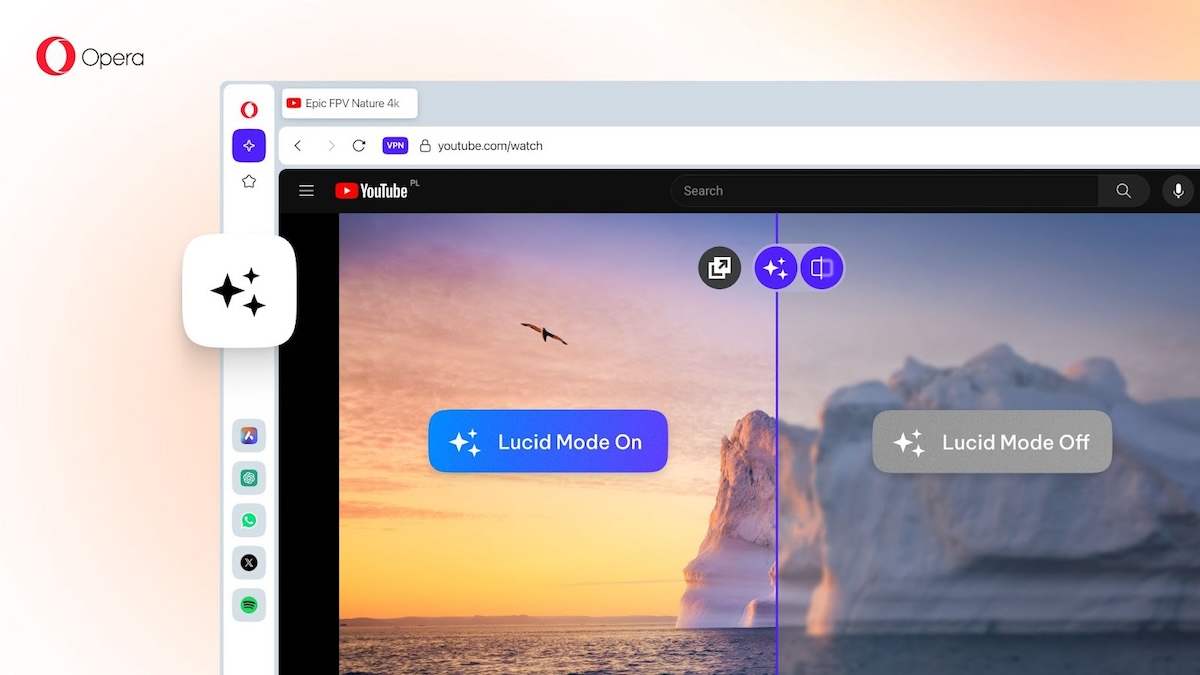

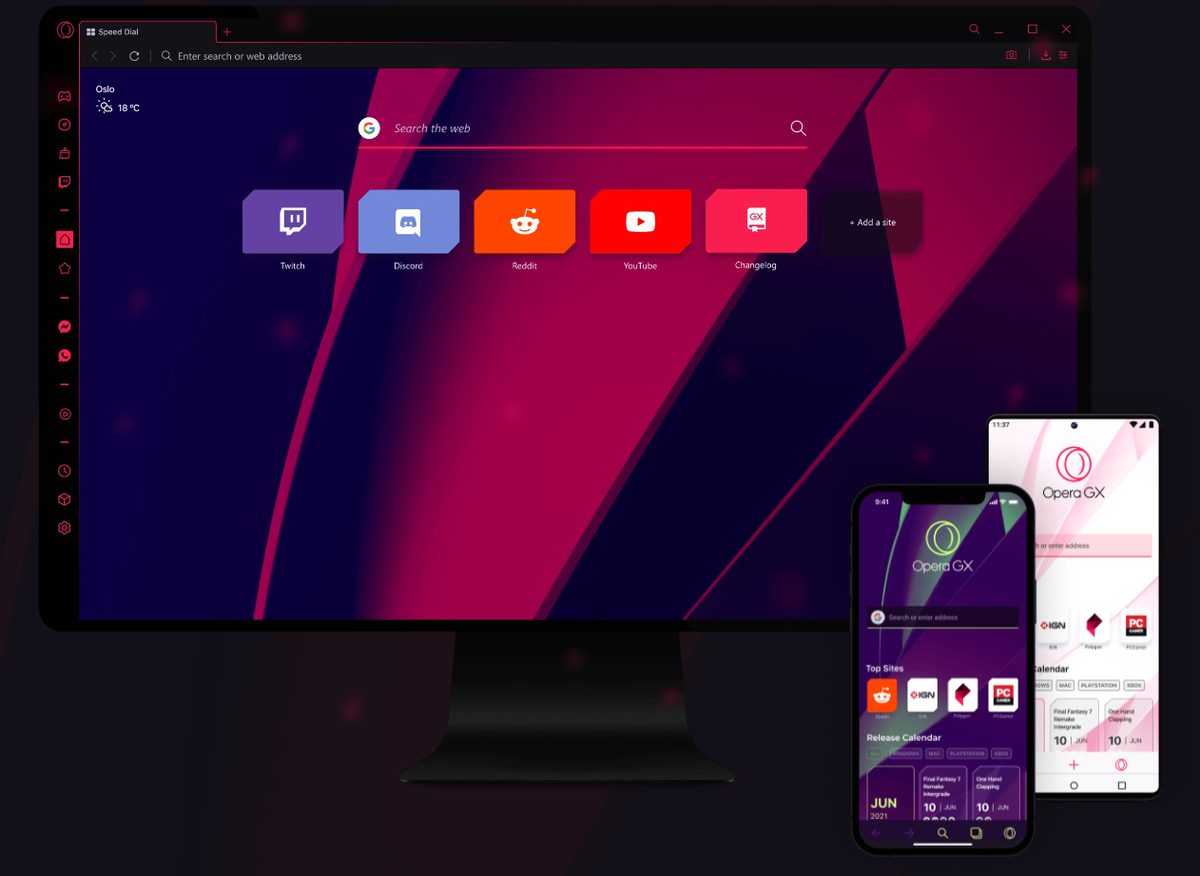
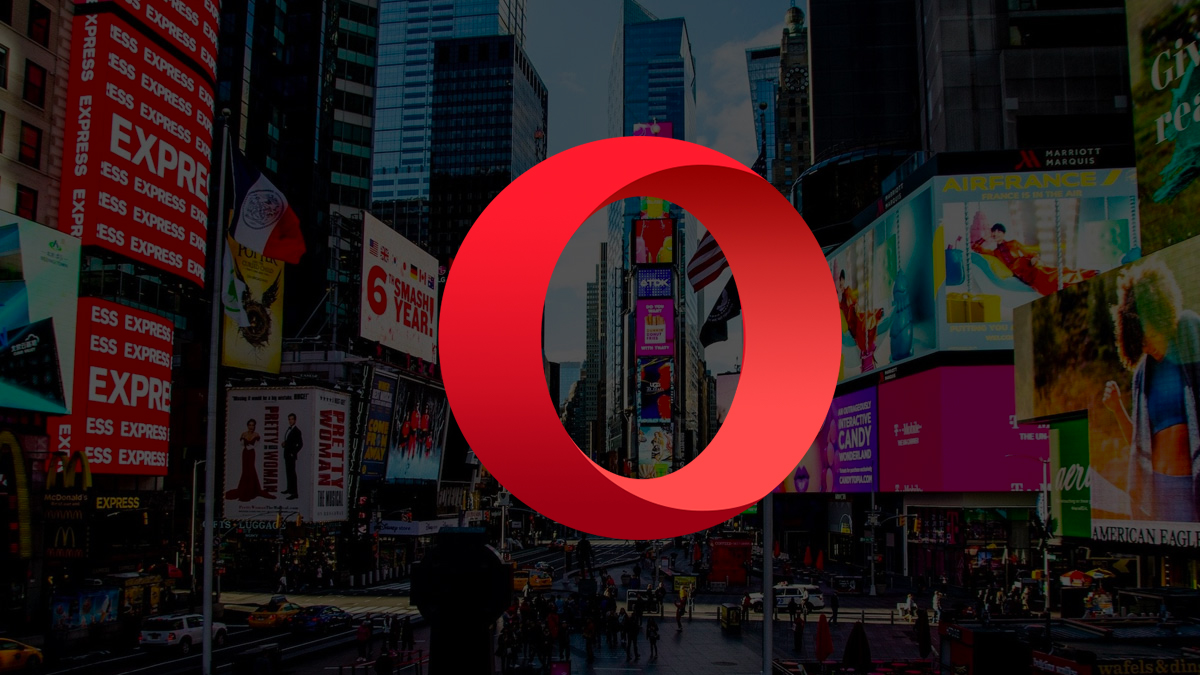
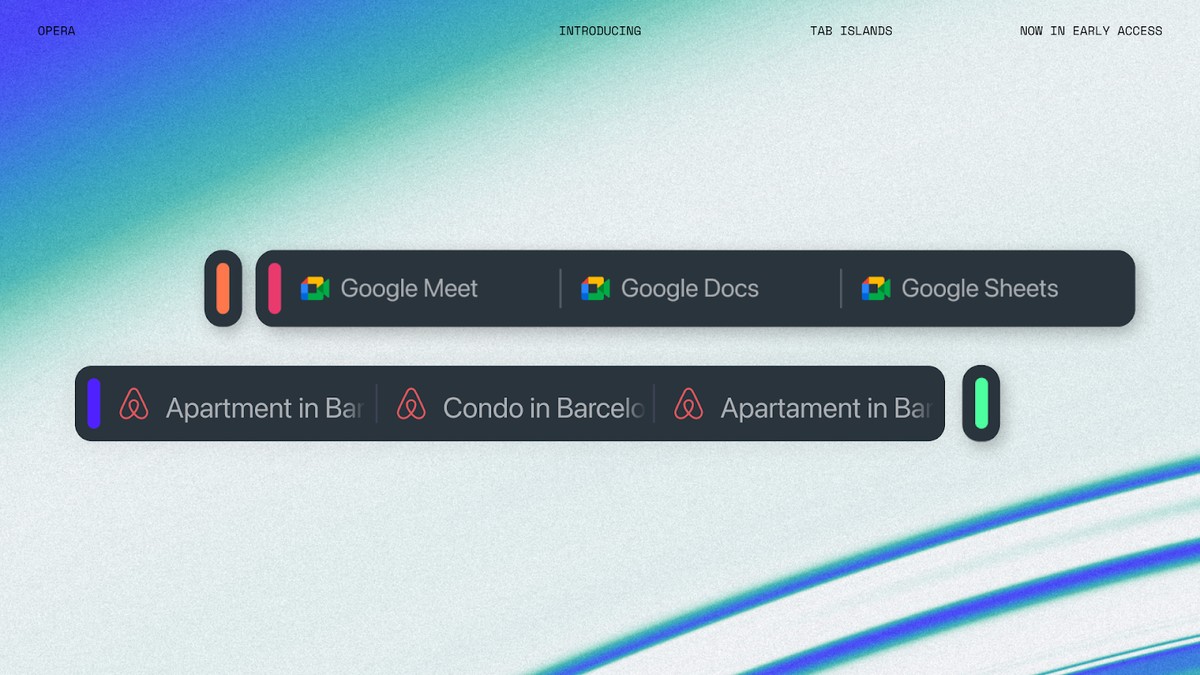
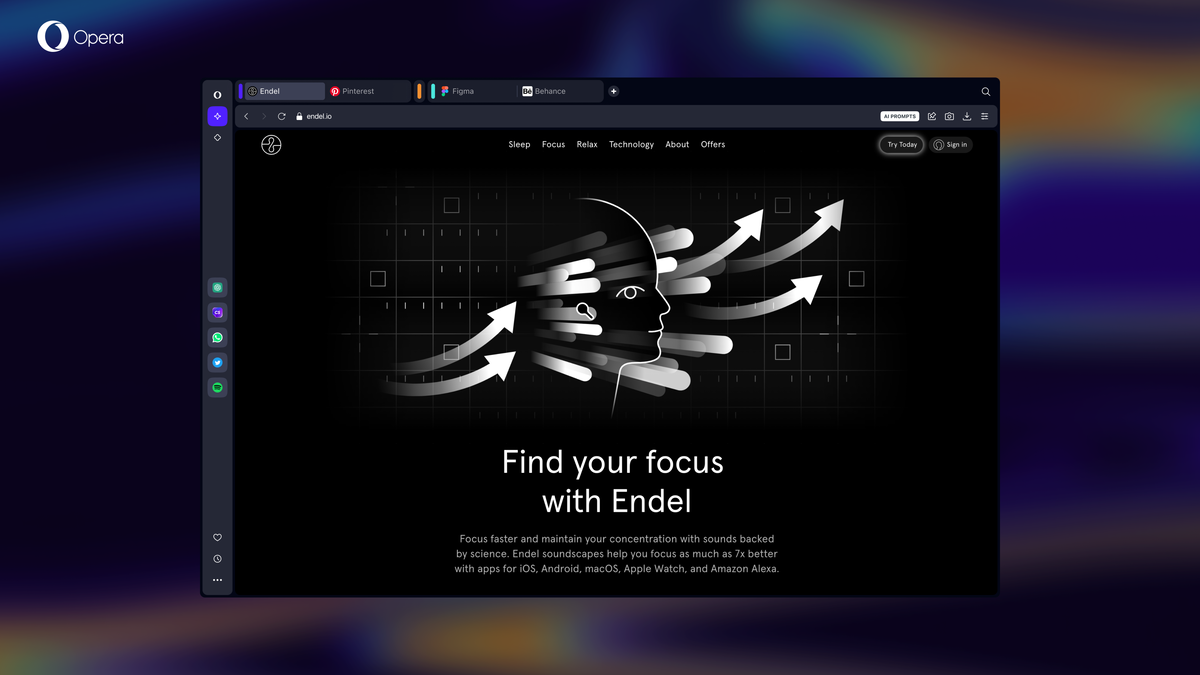











I assume your tests are only done on a windows platform??? (yup!)
My dad and I recently were discussing Browsers (we both work in the IT industry).
I don’t use Windows at all, at home. But i do use Linux and OSX. My tests have shown that
while you may think Opera is accelerated well on different platforms, this isn’t really the case.
On three test machines (two running newer Nvidia cards with fairly high specs, and an older Dell inspiron with a FireGL card)… FireFox4 was off of the chart, on both OSX, Archlinux and FreeBSD ~ while Opera was actually slower than chrome in Linux, and marginally faster than chrome on OSX. I I also compared them using other tests, like Mozilla’s hardware acceleration test, and some WebGL sites as well.
Opera was my default browser for about a year, but ever since Firefox4 was released – everything else just seems pathetically slow (on *nix systems anyway). I do know other people on the Windows platform who get really good performance out of Opera, but that doesn’t seem to be true on other platforms. So in that case, it doesn’t really matter if they support all OSes, if the only real benefactor is Microsoft’s platform.
Then to get real speed. you get your hands on a Profile-guided-optimized version of firefox4, throw in XULRunner independent, 64-bit TraceMonkey, dev tree, multithreaded. ~ Firefox will pretty much leave all other browsers in the dust.
What graphics card did you use for your test?
My ATI Radeon Mobility HD 4670 by far doesn’t get such good results.
Nvidia Geforce GTX 470
correction:
“So, how fast is Opera 10.50 labs with hardware acceleration? ….”
10.50 => 11.50 :D
Thanks corrected ;)